Dog / Detail
Snoring: A Common but Potentially Concerning Sound in Dogs
Jonathan Bennet | 10 October 2024 | 16:10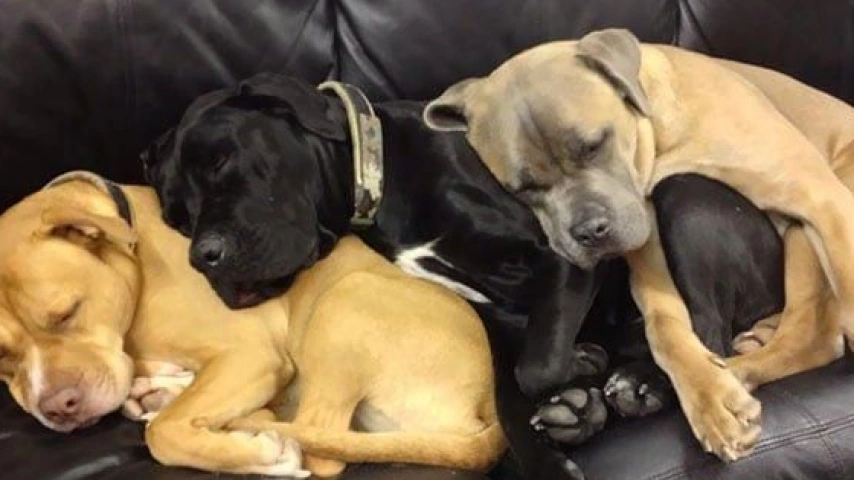
Snoring is a common occurrence in dogs, often attributed to relaxed muscles in the upper airway. While it's usually not a cause for alarm, there are instances where snoring could be indicative of an underlying health issue.
Understanding Your Dog's Sleep Patterns: Snoring, Chewing, and More
Dogs, like humans, require adequate sleep to recharge their bodies and minds. However, their sleep patterns can sometimes be perplexing to their owners.
Snoring, excessive chewing, and restless sleep are common behaviors that may raise concerns. Let's delve into these issues and explore potential causes and solutions.
- Obstructive Sleep Apnea (OSA): In some cases, snoring can be a symptom of OSA, a condition where the airway becomes partially or completely blocked during sleep. This can lead to disrupted breathing, restlessness, and excessive daytime sleepiness.
- Allergies and Respiratory Infections: Allergies or respiratory infections can cause inflammation in the nasal passages and throat, leading to snoring.
- Excess Weight: Overweight dogs are more prone to snoring due to increased tissue in the upper airway.
- Brachycephalic Syndrome: Breeds with short faces, such as Bulldogs and Pugs, are predisposed to snoring due to their anatomical structure.
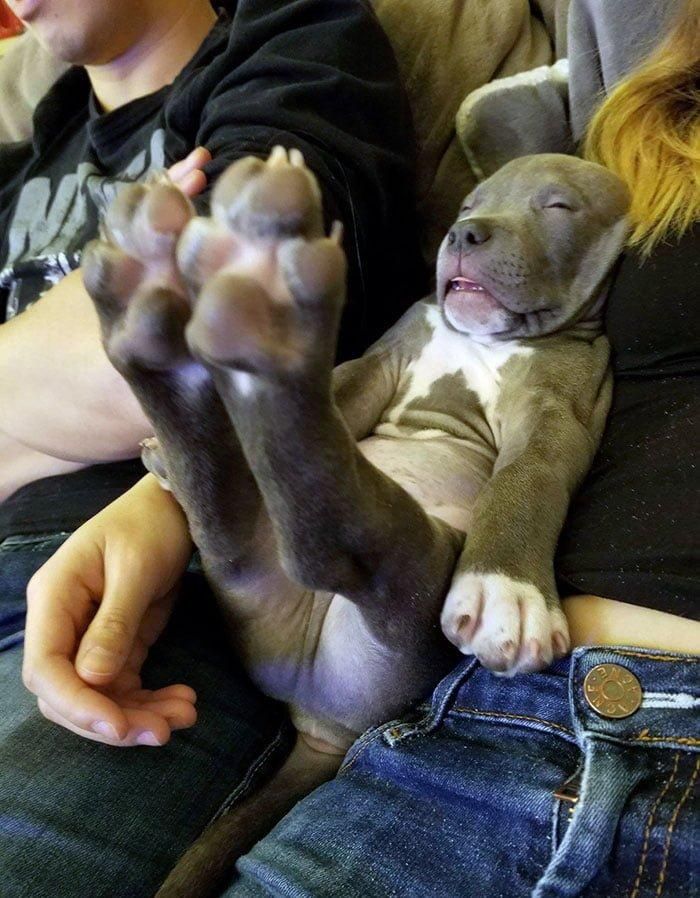 A snoring dog with his pawparents [Pinterest]
A snoring dog with his pawparents [Pinterest]
If you notice excessive snoring, accompanied by other symptoms like labored breathing, excessive daytime sleepiness, or restlessness, it's advisable to consult with your veterinarian for a thorough examination.
Chewing: A Natural Behavior with Considerations
Chewing is a natural behavior for dogs, but excessive chewing or chewing at inappropriate times can be frustrating for owners. Here are some possible reasons for excessive chewing:
- Teething: Puppies often chew to alleviate discomfort during teething.
- Anxiety or Stress: Dogs may chew as a way to cope with anxiety or stress.
- Boredom: A bored dog may resort to chewing to entertain themselves.
- Nutritional Deficiencies: In some cases, excessive chewing can be a sign of nutritional deficiencies.
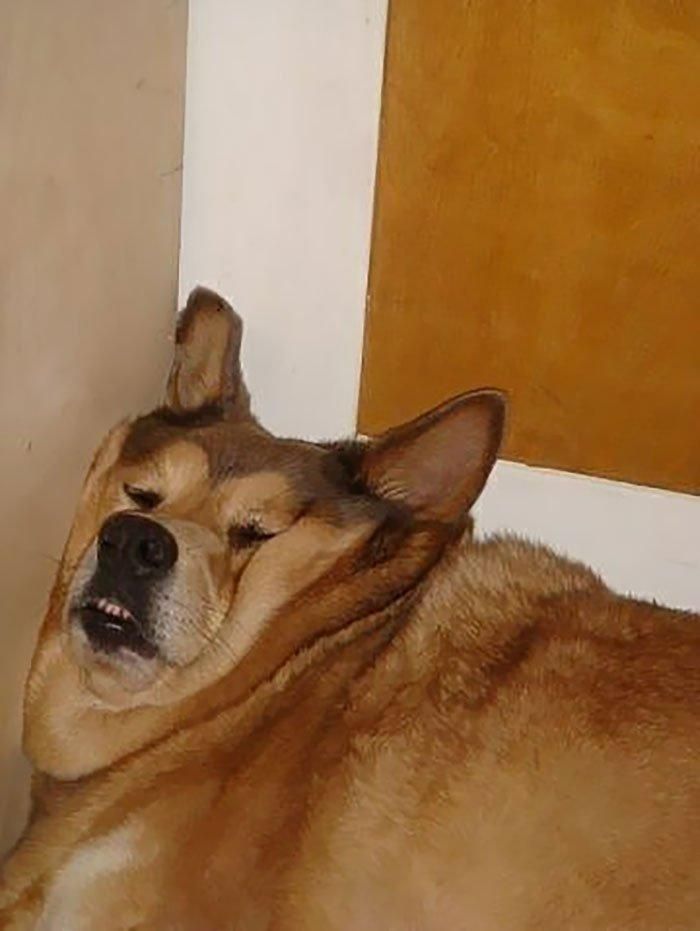
To address excessive chewing, consider the following strategies:
- Provide Appropriate Chews: Offer your dog safe and durable chew toys to satisfy their chewing instinct.
- Manage Anxiety and Stress: Identify and address any underlying causes of anxiety or stress.
Provide Mental Stimulation: Engage your dog in mentally stimulating activities to prevent boredom. - Ensure Proper Nutrition: Consult with your veterinarian to ensure your dog is receiving a balanced and nutritious diet.
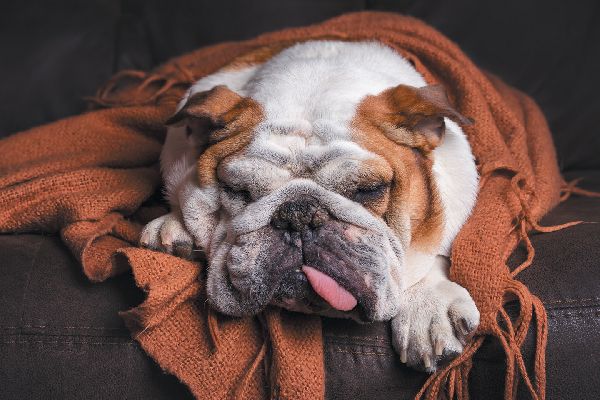
While a balanced diet is essential for overall health, there's no specific diet that guarantees improved sleep in dogs.
However, maintaining a healthy weight and avoiding excessive feeding close to bedtime can contribute to better sleep quality.
- Weight Management: Overweight dogs may experience sleep disturbances due to discomfort and respiratory issues.
- Avoid Overfeeding: Feeding your dog a large meal close to bedtime can lead to digestive discomfort and restlessness.
- Consider Supplements: Some owners report that supplements like melatonin or chamomile can help promote relaxation and improve sleep in dogs. However, it's always best to consult with your veterinarian before introducing any new supplements to your dog's diet.

Providing a comfortable and peaceful sleep environment can also contribute to your dog's sleep quality. Ensure your dog has a quiet, safe, and comfortable place to sleep. Consider using a crate or a designated sleeping area.
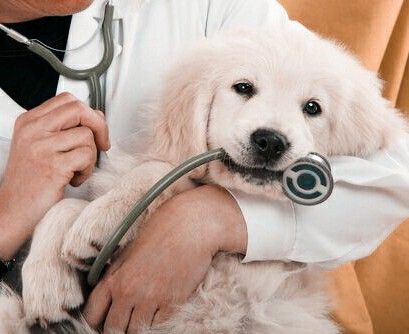
If you notice significant changes in your dog's sleep patterns, such as excessive snoring, restlessness, or difficulty waking up, it's important to consult with your veterinarian. They can rule out any underlying health issues and provide appropriate recommendations.
Remember, every dog is unique, and their sleep patterns may vary. If you have concerns about your dog's sleep, don't hesitate to seek professional advice.
Related
-
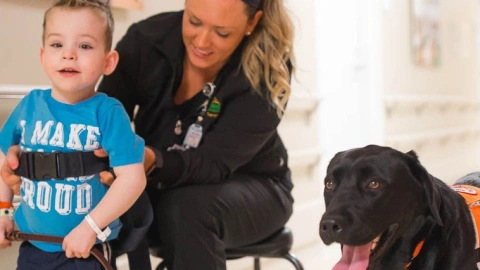
The Healing Power of Dogs: How Canine Therapy is Revolutionizing Mental Health and Boosting Positive Energy in Humans
Dog14 November 2024
-
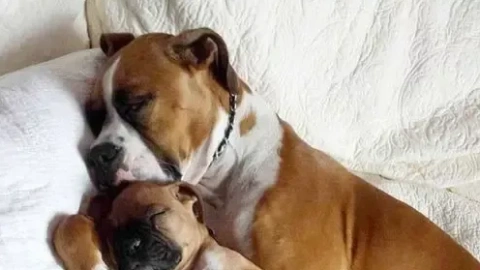
A Pawsitive History: Dogs of Nuremberg
Dog09 November 2024
-
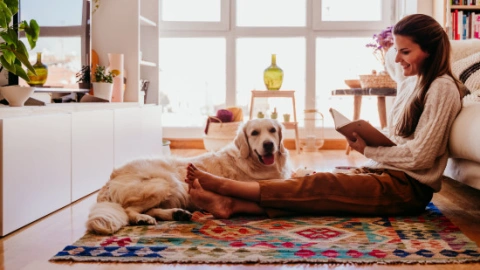
The Role of Oxytocin in the Human-Dog Bond: The Science Behind Our Deep Connection
Dog06 November 2024
-
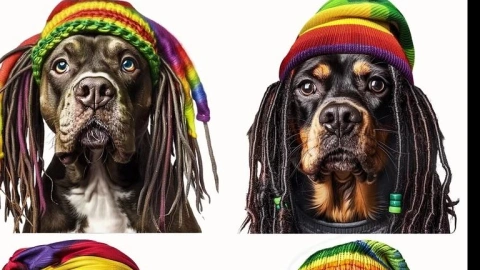
Beyond the Beach: Jamaica's Dog Lovers
Dog29 October 2024
-

A Dog's Delights: Homemade Snacks for Our Furry Babies, Recipes Included!
Dog29 October 2024
-
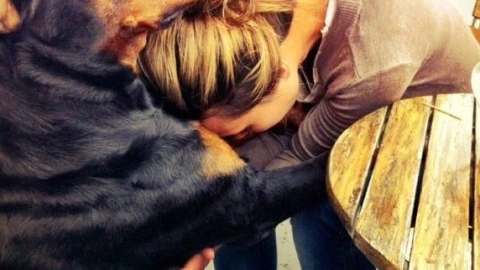
A Dog's Disorientation: Understanding Your Dogs' Wanderlust
Dog29 October 2024
Popular
-

-

A Pawsitive History: Dogs of Nuremberg
09 November 2024 -

-

Beyond the Beach: Jamaica's Dog Lovers
29 October 2024 -
